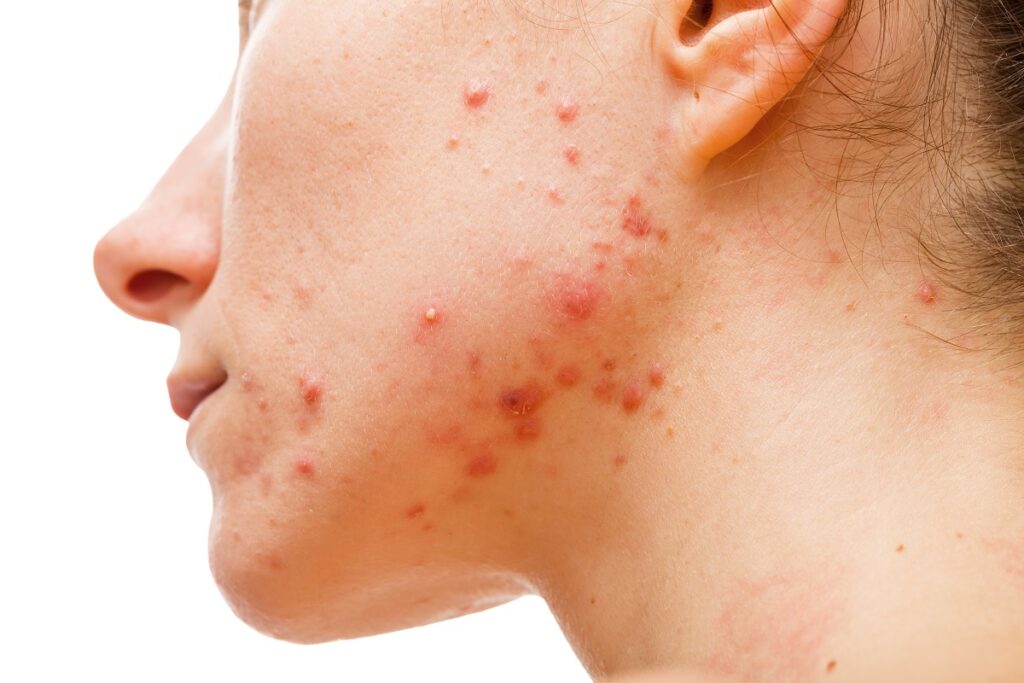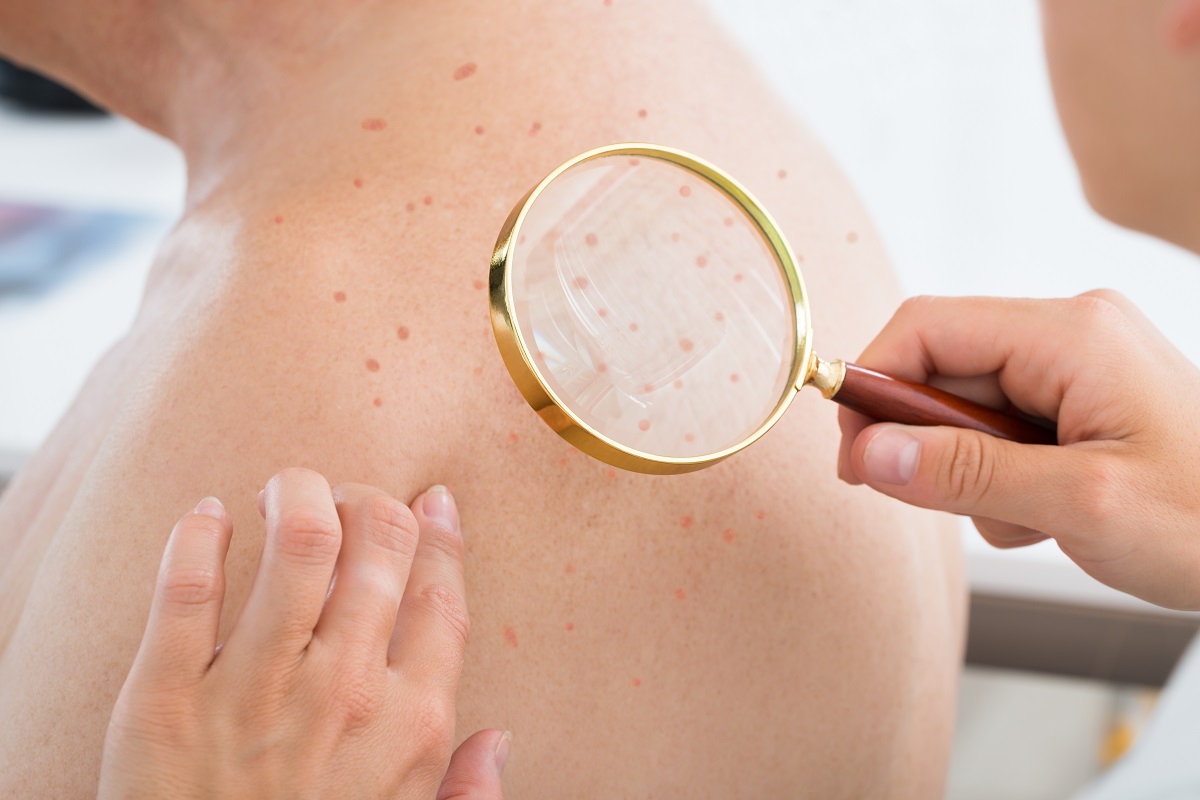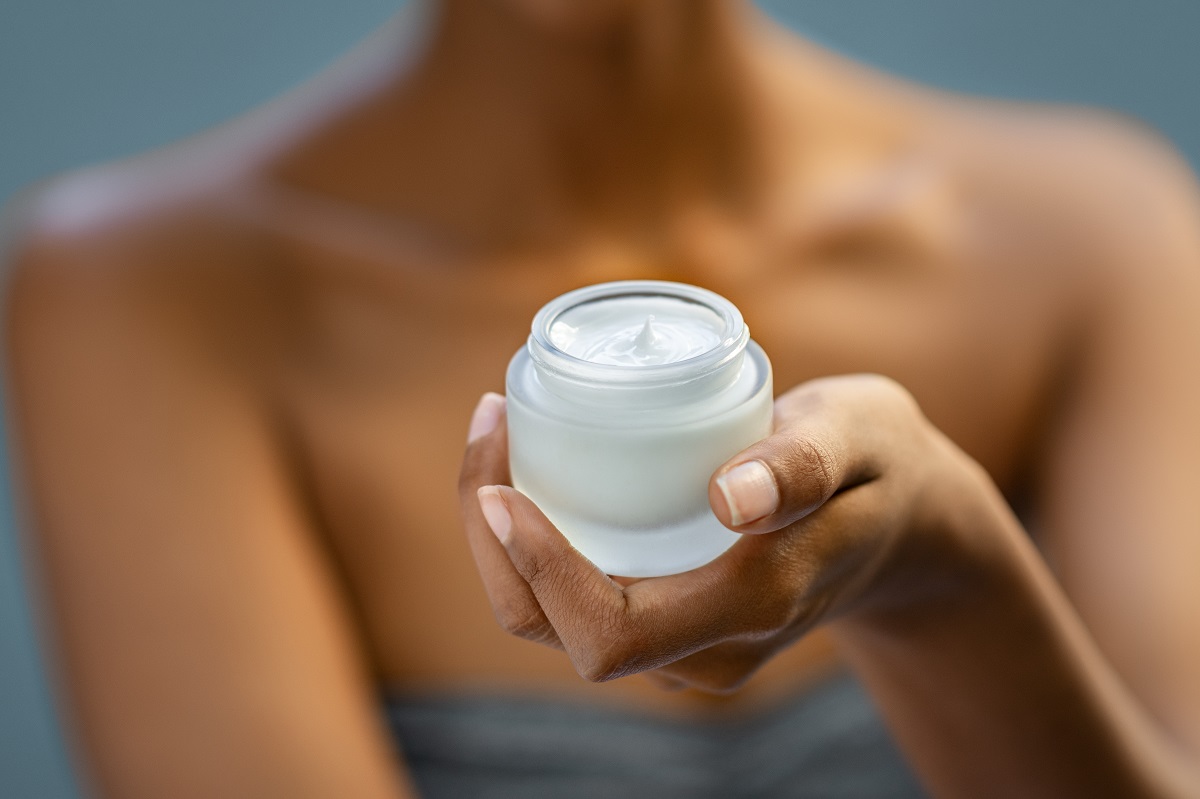- Acne, a skin condition leading to blemishes, affects not just physical health but also mental well-being.
- Physical symptoms of acne, like painful breakouts and scars, can lead to self-esteem issues and social avoidance.
- The emotional impact of acne includes anxiety, depression, social withdrawal, negative self-perception, and professional setbacks.
- Long-term acne can significantly affect mental health, causing individuals to feel unworthy, unattractive, and insignificant.
- Treatment methods include lifestyle changes, topical retinoids, antibiotics, and self-care and emotional support.
Acne affects almost everyone at some point in their lives. Usually, it is seen as a physical inconvenience that typically goes away after some time or with proper treatment. However, many people don’t realize that acne can also have an emotional impact. While it may seem trivial and insignificant, the experience of acne can have far-reaching effects across various aspects of your life. Here’s what you need to know about acne, how it can affect your mental health, and ways to deal with it.
What is Acne?
You might have seen commercials for acne treatments or had your own experiences with it. But what exactly is acne? Acne is a skin condition that occurs when oil and dead skin cells clog pores, leading to inflammation and blemishes, such as pimples, blackheads, and whiteheads. It can appear on various body parts, including the face, neck, back, chest, and shoulders.
Acne is most commonly associated with puberty and affects teenagers due to hormonal changes. However, it can also occur in adults of any age due to genetics, stress, diet, and skincare habits. While acne is not a life-threatening condition, it can cause discomfort and affect one’s self-esteem.
The Physical Effects of Acne
The physical effects of acne are often the most visible. The blemishes can be painful, itchy, and sometimes even leave scars. In severe cases, acne can also cause skin discoloration and pigmentation issues. These physical symptoms can make people self-conscious about their appearance and lead to low self-esteem.
Moreover, constantly dealing with breakouts and trying different treatments can be tiring and frustrating for many individuals. It can affect their daily routine, causing them to skip social events or avoid situations where they may feel judged based on appearance.
The Emotional Impact of Acne
Apart from the physical effects, acne can have a significant emotional impact on an individual’s mental health. Here are some of them:
1. Anxiety
People with acne can feel anxious and uncomfortable in social situations. They may avoid going out or cover their face with hair, clothes, or makeup. This constant state of anxiety can lead to stress, further worsening acne. It becomes a vicious cycle that can have long-term mental health effects.
2. Depression
Long-term acne can cause depression and lowered self-esteem. People with acne spend a lot of energy and attention looking for ways to improve their skin condition. This preoccupation can make them sad and hopeless, leading to chronic depression.
3. Social Withdrawal
Acne can also cause people to withdraw from social interactions. They may feel too embarrassed to attend events or meet new people. This can lead to feelings of loneliness, which can cause mental health problems like anxiety and depression.
4. Perception of Self-worth
When acne affects your physical appearance, it can also affect your perception of self-worth. People with acne may feel unworthy, unattractive, and insignificant, which can profoundly impact their mental health.
5. Impact on Professional Life
Lastly, acne can affect your professional life as well. People who suffer from acne may feel less confident at work, school, or in other critical situations, and this lack of confidence may hold them back from achieving their goals. This can lead to an increased risk of depression and anxiety.
Dealing With Acne
Thankfully, there are many ways to deal with acne. Here are some leading ways you can deal with it.
Benzoyl Peroxide
Specific treatments include a combination of benzoyl peroxide and salicylic acid. A well-formulated Benzoyl Peroxide can unclog pores, kill bacteria, and reduce inflammation. Additionally, it eliminates excess oil, another major contributing factor to acne.
Lifestyle Changes
Lifestyle changes can also significantly improve acne. A healthy diet rich in fruits and vegetables, proper hydration, and regular exercise are crucial in maintaining clear skin. Developing a consistent skincare routine with gentle products suited for your skin type can also help prevent breakouts.
Topical Retinoids
Topical retinoids are a form of Vitamin A that helps with skin cell turnover. It can help clear acne, prevent future breakouts, and even reduce the appearance of scars.
Antibiotics
Doctors might recommend oral or topical antibiotics to kill bacteria and reduce inflammation if acne is severe. However, prolonged use of antibiotics can lead to antibiotic resistance. Hence, following the doctor’s instructions and only using antibiotics when necessary is essential.
Acne is more than just a physical condition; it can significantly impact one’s mental health. It’s essential to understand the emotional effects of acne and take steps to deal with it effectively. With proper treatment, self-care, and support, individuals with acne can improve their skin condition and manage its effects on their mental well-being. Remember that having acne does not make anyone any less worthy or beautiful, so be kind to yourself and others.


